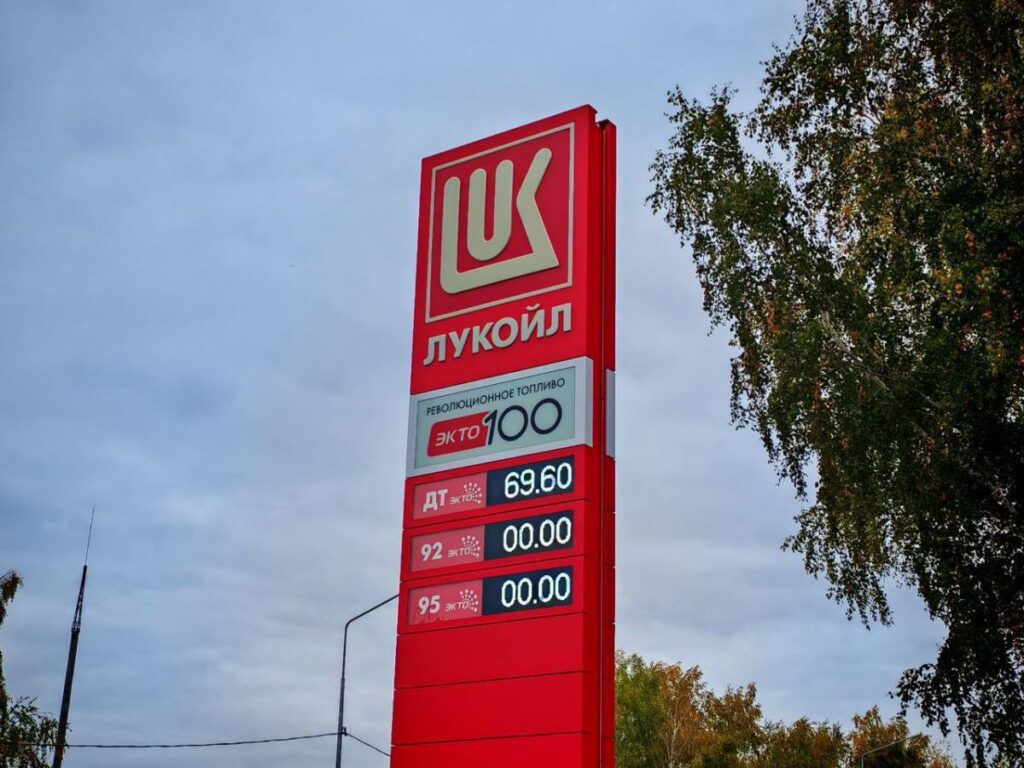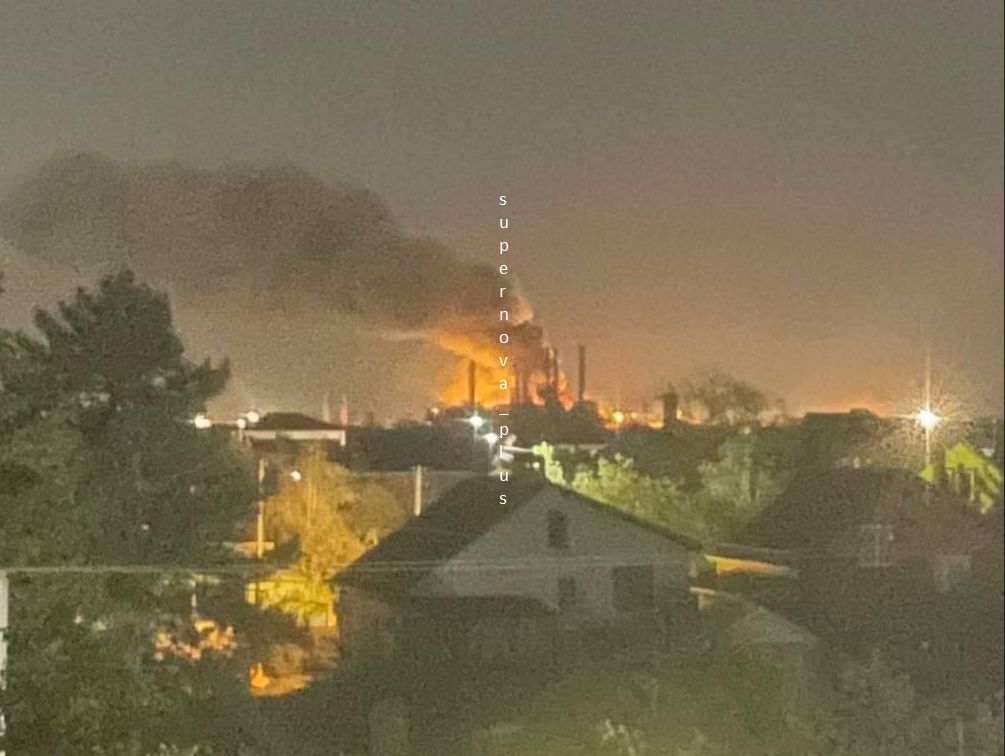Reuters: Russia’s fuel crisis spreads to central and southern oblasts as Ukraine’s refinery attacks cut supply

Ukraine’s stepped-up drone campaign is forcing Russia into a domestic fuel crisis, with disruptions now spreading from outlying territories to central oblasts. Reuters reports that refinery attacks have slashed output, leaving independent fuel stations across multiple regions without supply.
Gasoline production typically matches domestic demand, so the drop in output has led to shortages. Popular grades like Ai 92 and Ai 95 are frequently missing. Diesel remains in surplus, Reuters says.
Fuel outages spread from Far East to Volga
Shortages first appeared in the Far East and occupied Crimea in August. Similar issues are now reported in the Volga, southern, and central regions. There are no major queues, but pumps are increasingly running dry.
In Belgorod oblast, a filling station employee told Ruters,
“The manager decided to temporarily close the gasoline station because there was no gasoline.”
Nearby stations also closed or ran out.

Independent stations shut down as majors stay open
Privately owned stations, which account for about 40% of Russia’s fuel market, are most affected, according to Reuters. High interest rates of 17% make it too expensive to stockpile fuel, while oil majors continue operating largely as normal.
Official response offers no timeline
Gleb Nikitin, governor of Nizhni Novgorod oblast, claimed on 22 September that the disruptions were “temporary” and caused by regional supply chain issues. He stated,
“Everything should return to normal in the coming days.”
Reuters notes that Russia’s economy is slowing under the Western sanctions. Bankruptcies are increasing in industries such as coal, and exports are falling.